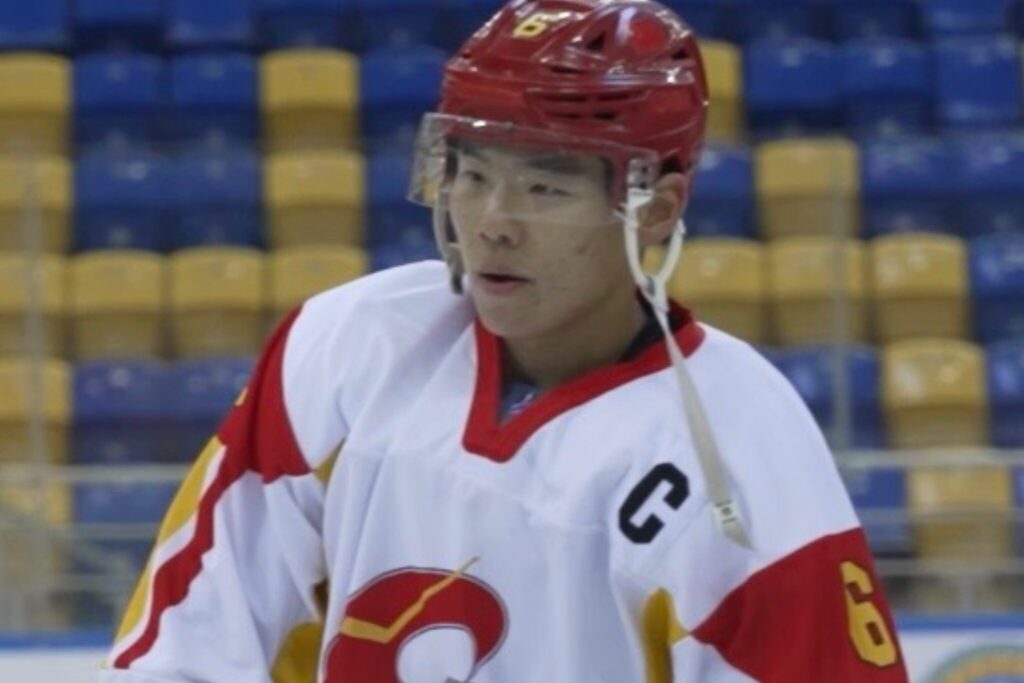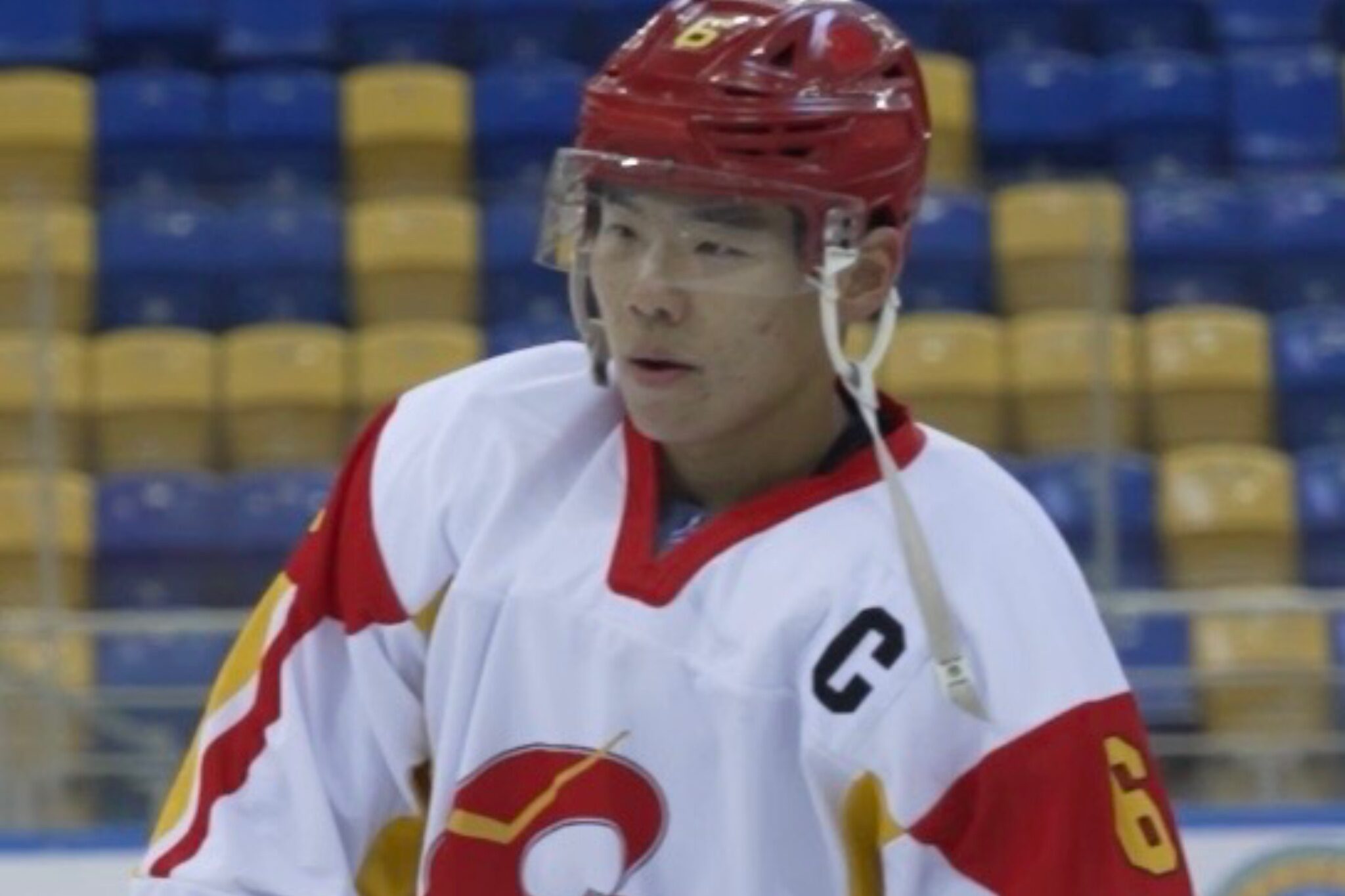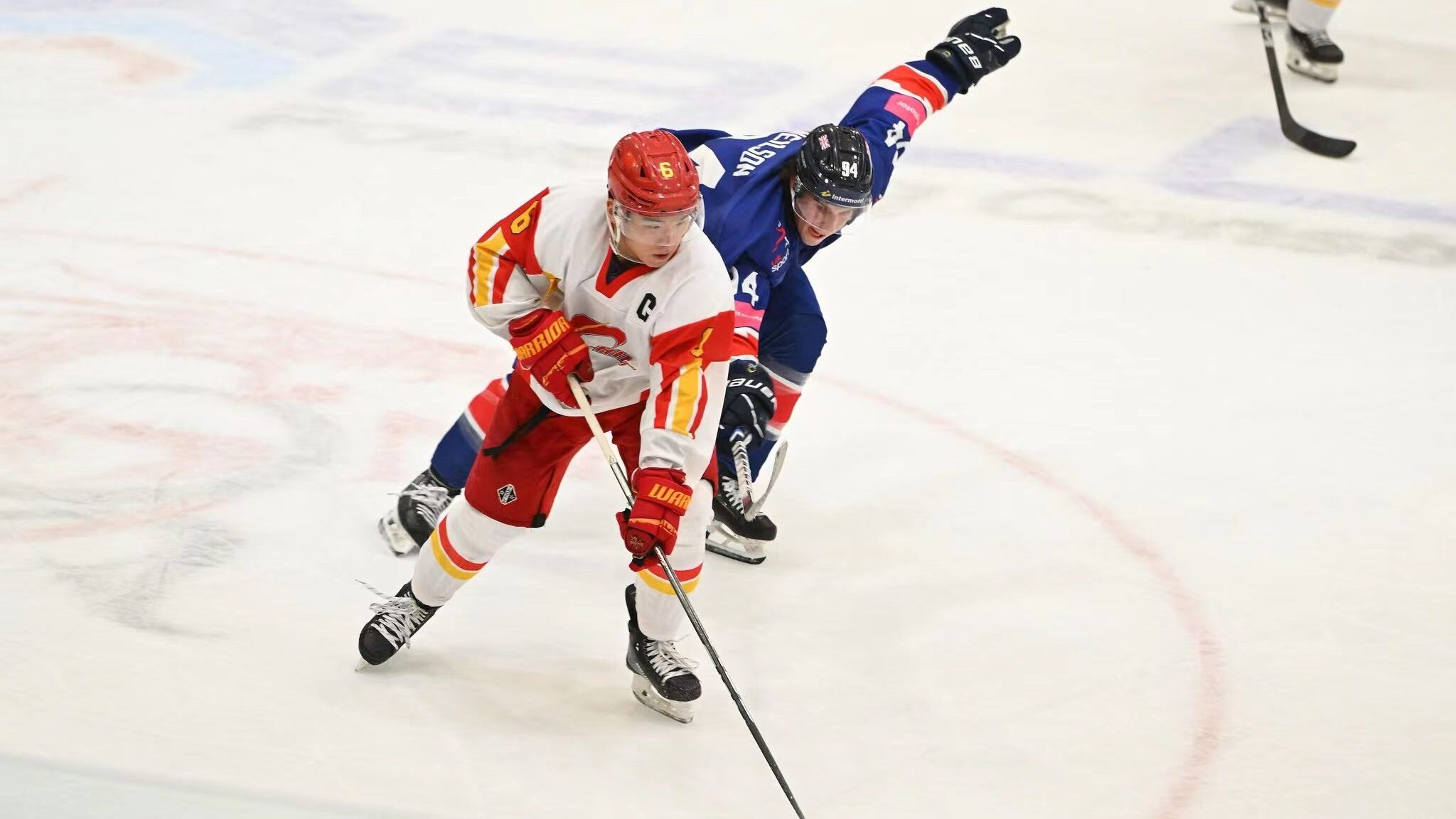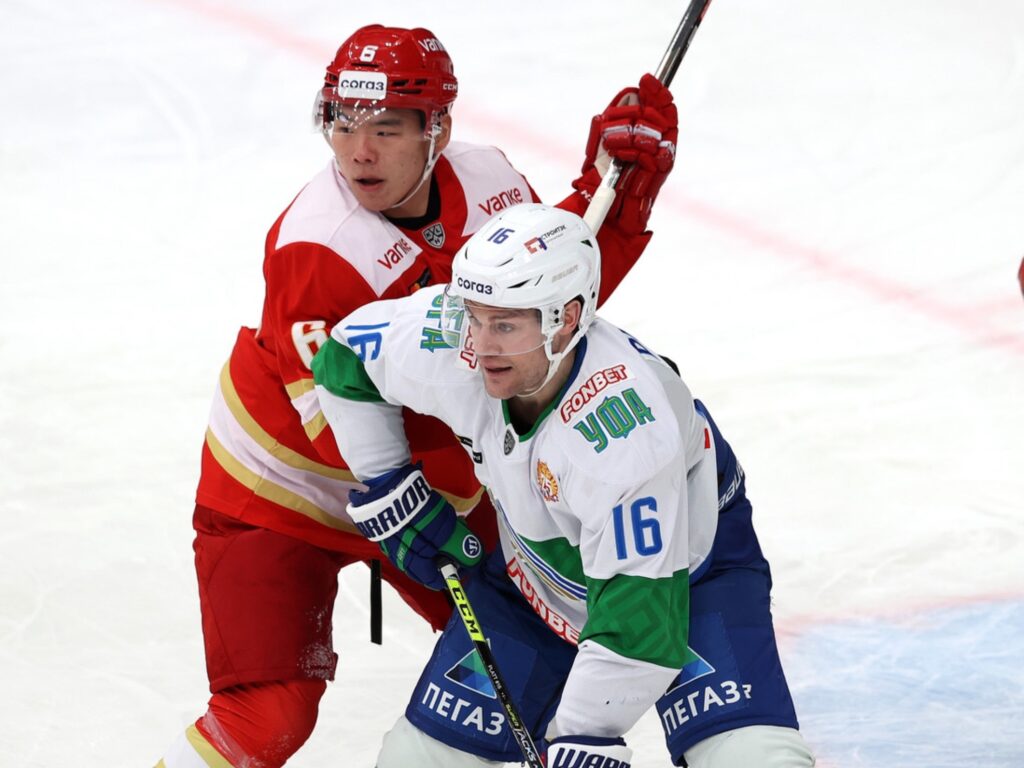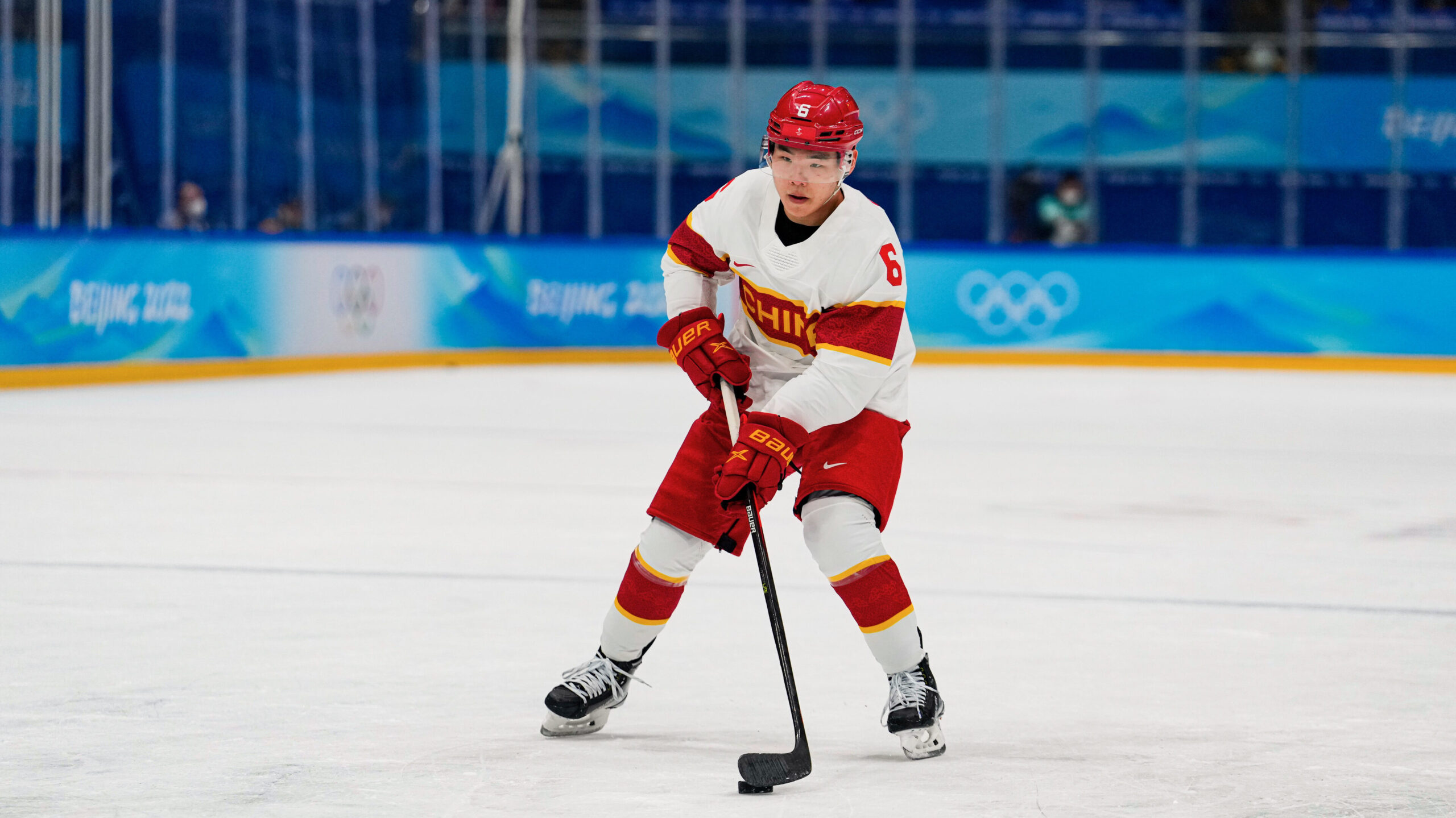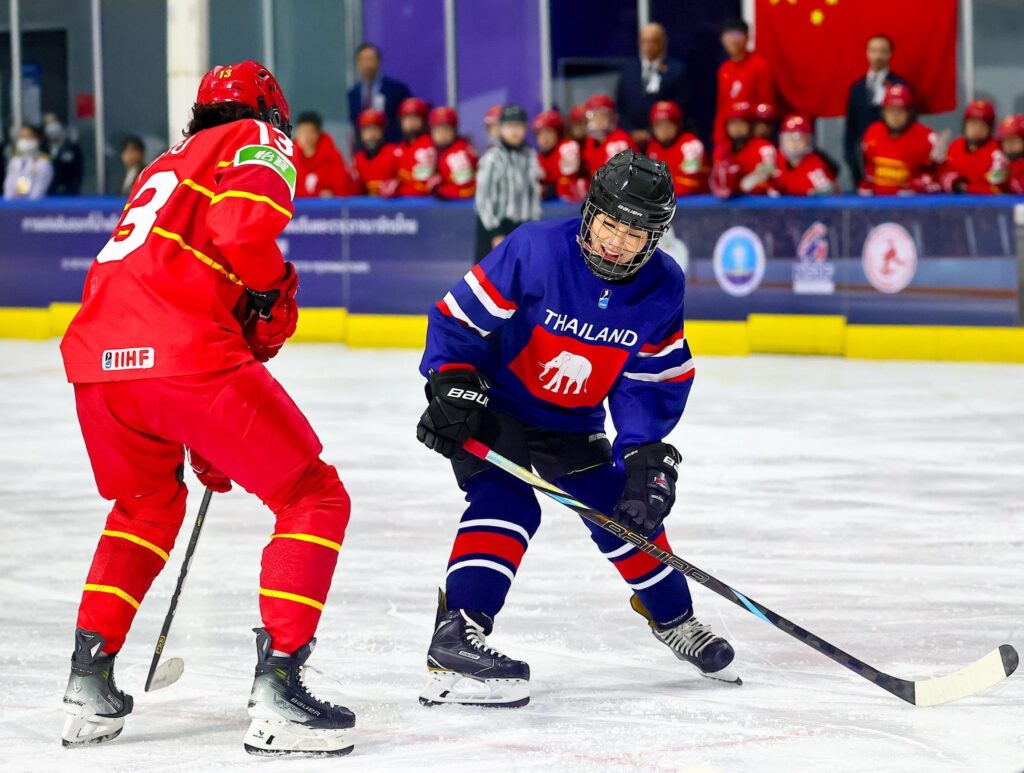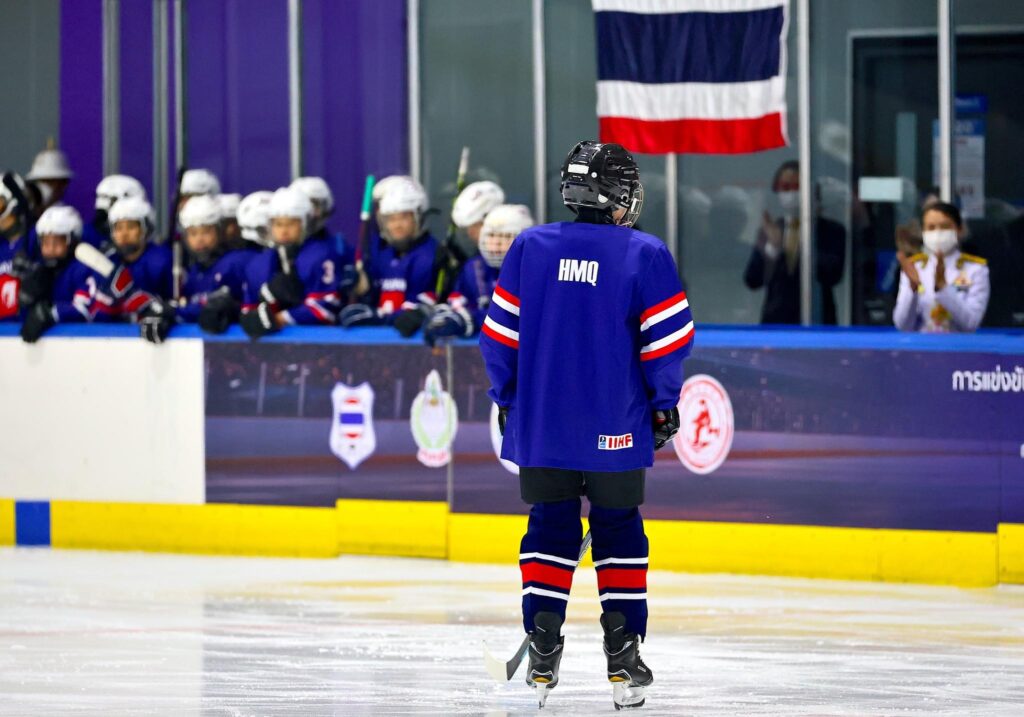Interview: Nela Lopušanová
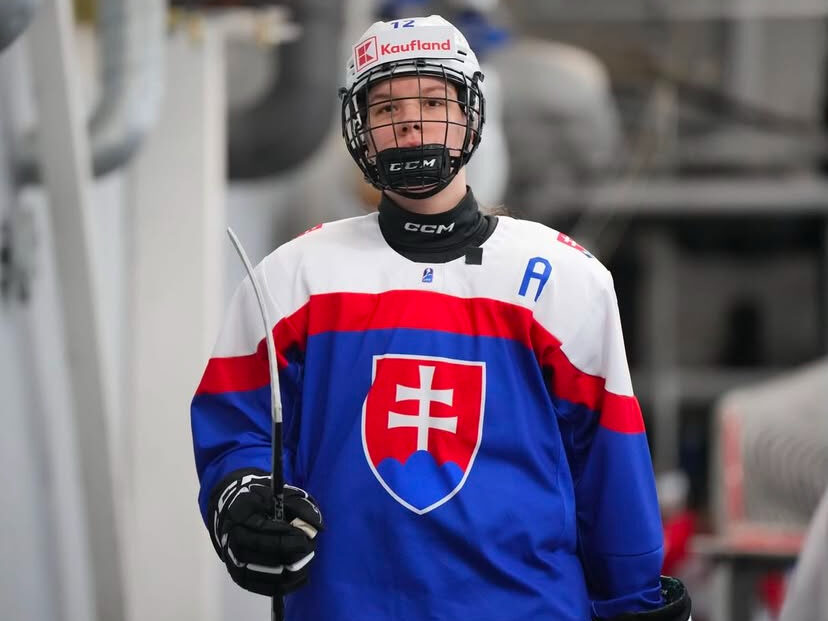
Nela Lopušanová made headlines when she was named MVP at the 2023 IIHF U18 Women’s World Championship as a 14-year-old. Since then, Lopušanová has continued to develop as one of hockey’s top upcoming talents. This season she was again named MVP at the U18 World Championship, despite Slovakia finishing in seventh, and scored 18 (11+7) points in 6 games with the Slovaks in 2026 Winter Olympic qualification.
The Žilina native has spent the past two seasons with the Bishop Kearney Selects 19U team in the United States and is committed to the University of Wisconsin for the 2026-27 season. I had the pleasure of being able to ask Nela about her experiences on the international stage, the trajectory of her career, and the current state of women’s hockey in Slovakia!
Interview
Q: Who/what was your biggest inspiration to begin playing hockey? Were there many playing opportunities for girls in Slovakia?
A: My biggest inspiration to begin playing hockey was my brother Šimon. Since I was little I was watching him play great hockey and I always wanted to be like him. As the majority of girls in hockey I started playing with boys which helped me to be better and faster. There were not that many opportunities to playing only girls hockey in Slovakia how it is now.
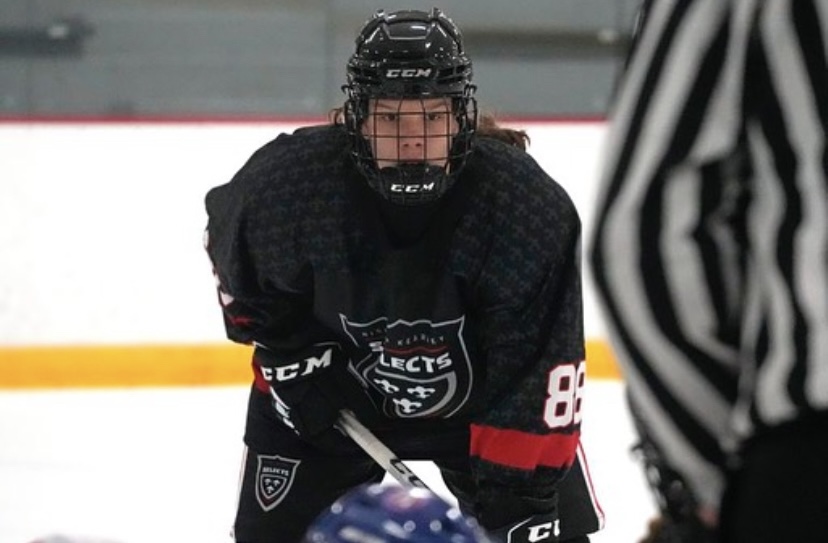
Q: Slovakia has now played in four consecutive Top Division events at the U18 level. How important have these experiences been for you and your teammates?
A: It was really important for me to play at the top level and see how my game has grown but as well as the growth of women’s hockey in general. My teammates and I are always looking forward to those big events. We have a lot of fun in the locker room and on the ice to play against amazing players from other countries.
Q: You are now in your second season with Bishop Kearney. Can you explain how playing against top players in North America has helped you improve your game?
A: Yes, I do play against a lot really good players in North America, but I also play with a lot of them. My teammates are pushing me every day to be better on the ice, but also off the ice as a person. The competition and high level in practices is incredible and I learn a lot new skills from them. Our coaches are doing an amazing job with our practices and games. The environment that they’ve created has been something I’ve loved and have been having a lot of fun participating in.
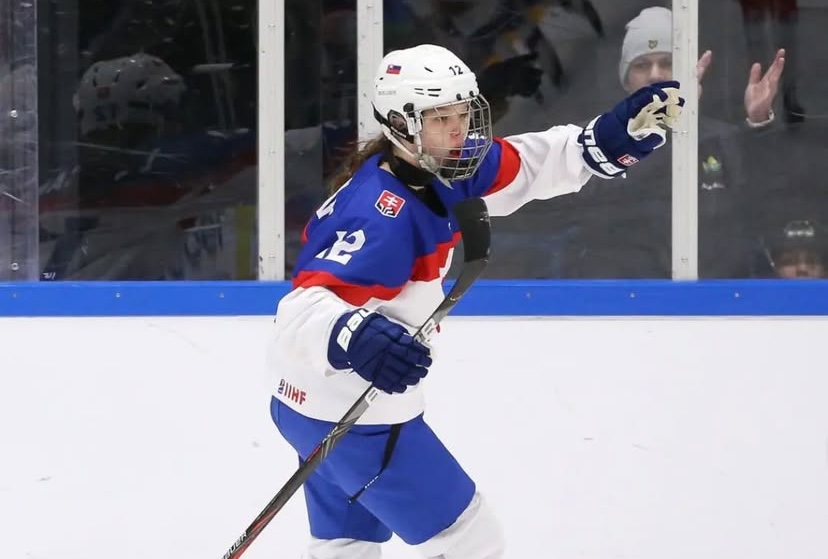
Q: You will be attending the University of Wisconsin in the 2026-27 season. What are your goals at that school and what are you most excited about?
A: It’s an incredible school with some of the top players in the world. It has always been my dream to go there and I am really excited to be apart of the team for the next couple of years. I am most looking forward to continue playing with and competing against these players and working towards a NCAA national championship.
Q: What has been your favourite memory playing for Slovakia in your young career?
A: My favourite memory was scoring my ‘Michigan’ goal during the U18 Worlds, which was during my first year at that tournament. It was an exciting achievement for me and I had a lot of fun playing with the girls in Sweden.
Q: Do you believe that Hockey Slovakia is taking the necessary steps to develop the women’s game and help Slovakia develop into a top nation on the international stage?
A: I believe that Hockey Slovakia is taking the necessary steps. Now we have our own league in Slovakia where girls can play, but unfortunately it’s not as big as in North America. We have a lot of talented players we can work with in the future. Hockey Slovakia is putting a lot of effort and money into women’s hockey but it’s really hard to tell if Slovakia is going to be one of the top nations on the international stage in the future.
Bonus Q: If you had to choose, would you rather play in the PWHL or at the Olympics in the future?
A: I would probably choose PWHL because I could play there for more years.
Interview: Nela Lopušanová Read More »



